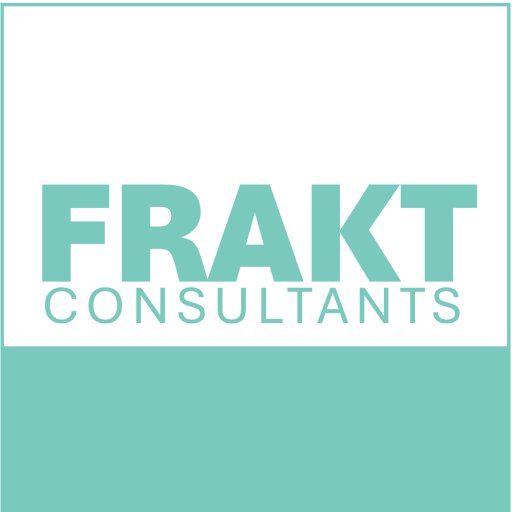Benchmarking is the systematic process of evaluating an organisation’s performance metrics against industry standards or peer competitors to identify improvement opportunities and strategic gaps.
Detailed Explanation
In the context of ESG (Environmental, Social, Governance) and business innovation, benchmarking transcends mere comparison—it serves as a diagnostic tool to catalyse sustainable transformation. Organisations leverage it to:
- Gauge Competitive Positioning:
By measuring ESG practices (e.g., carbon emissions, diversity metrics) against sector leaders, companies identify strengths and vulnerabilities. For instance, a tech firm might benchmark its energy efficiency against peers to innovate greener data centres. - Drive Strategic Innovation:
Benchmarking reveals best practices that inspire novel solutions. A consumer-goods company lagging in waste reduction might adopt circular-economy models pioneered by top performers, turning compliance into competitive advantage . - Enhance Stakeholder Trust:
Transparent benchmarking demonstrates accountability to investors and regulators. When a bank discloses its ESG rankings relative to industry averages, it signals maturity in governance and ethical operations.
Real-World Application
- Case Study: Unilever’s Sustainable Sourcing
Unilever benchmarked its palm-oil supply chain against global sustainability standards, identifying a 30% gap in deforestation-free sourcing. By collaborating with peers (via the Roundtable on Sustainable Palm Oil), it innovated traceability tech, achieving 95% compliance within five years—showcasing how benchmarking fuels scalable ESG innovation.
Business Maturity Connection
Mature organisations treat benchmarking as iterative learning. For example:
- Early-Stage Firms: Use basic ESG metrics (e.g., emissions) to set baseline targets.
- Advanced Enterprises: Integrate AI-driven benchmarking to predict trends (e.g., climate-risk resilience), transforming data into foresight.
Why It Matters
Benchmarking bridges compliance and innovation, turning ESG metrics into engines for ethical growth. As CGI notes, it offers “inward and outward viewpoints”—scrutinising internal processes while aligning with stakeholder expectations for a sustainable future.
